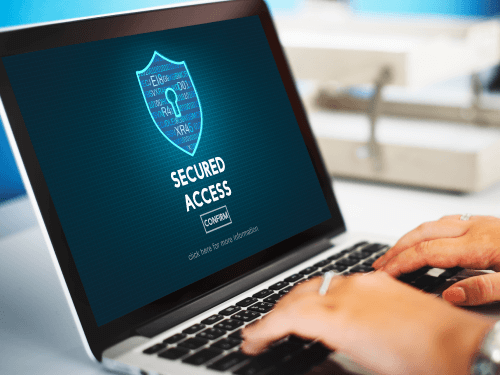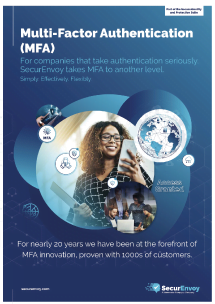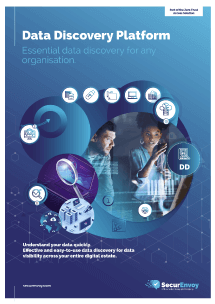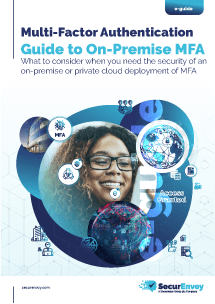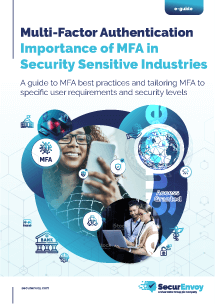
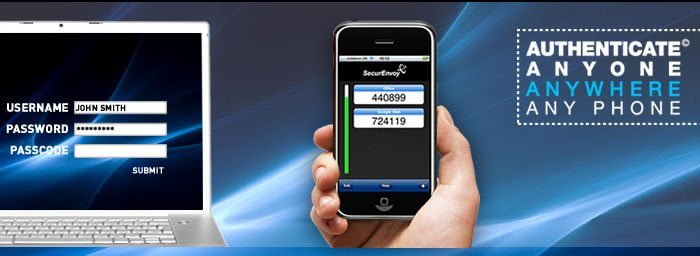
Are You Ready for BYOD 2.0?
We’ve all become used to the acronym BYOD – or bring your own device. However, with many organisations still struggling with allowing employees to use personal devices in the workplace and we’re on the cusp of the next stage – BYOD 2.0!
This phenomenon sees applications, or ‘apps’, designed for consumers, finding their way into the corporate tool box. Services such as Dropbox, Skype, Google Apps, WordPress, GoToMyPC. All originally designed for the consumer market are being adopted by the workforce to simplify collaboration and improve flexibility.
The main issue is that these applications were not designed to be used in a corporate environment – as well as potential scaling issues, the critical flaw is that security is often an afterthought rather than a primary consideration. These applications, especially the free versions, are protected purely by a password – and we all know how insecure that can be. Automated password cracking software can perform 100 million checks per second – equating to a four character password being cracked in 0.16 seconds; a six character password in 11.4 minutes; and an eight character password in just 32 days.
If you think the damage that could be done is limited, think again. Many high profile individuals have had their twitter accounts hijacked resulting in abusive tweets to followers. Dropbox was hacked inadvertently exposing all manner of secrets.
The long and short of it is, if you want some type of external connection application to work in an enterprise environment, then you are duty bound to add a decent level of security.
Ultimately, you can’t dictate to users what to do or what to do it with, so instead you have to follow them. But that doesn’t mean you have to do it blindly. Discover what applications your employees want to use and make sure you are happy that it is as secure as you need it to be.
Published: 18 December 2012
Category: Industry News
![]()
Multi-Factor
Authentication
(MFA)
Any user. Any device.
Anywhere.
For companies that take authentication seriously.
Learn more about SecurEnvoy MFA
Hear more from
our security
experts
What to read next...

